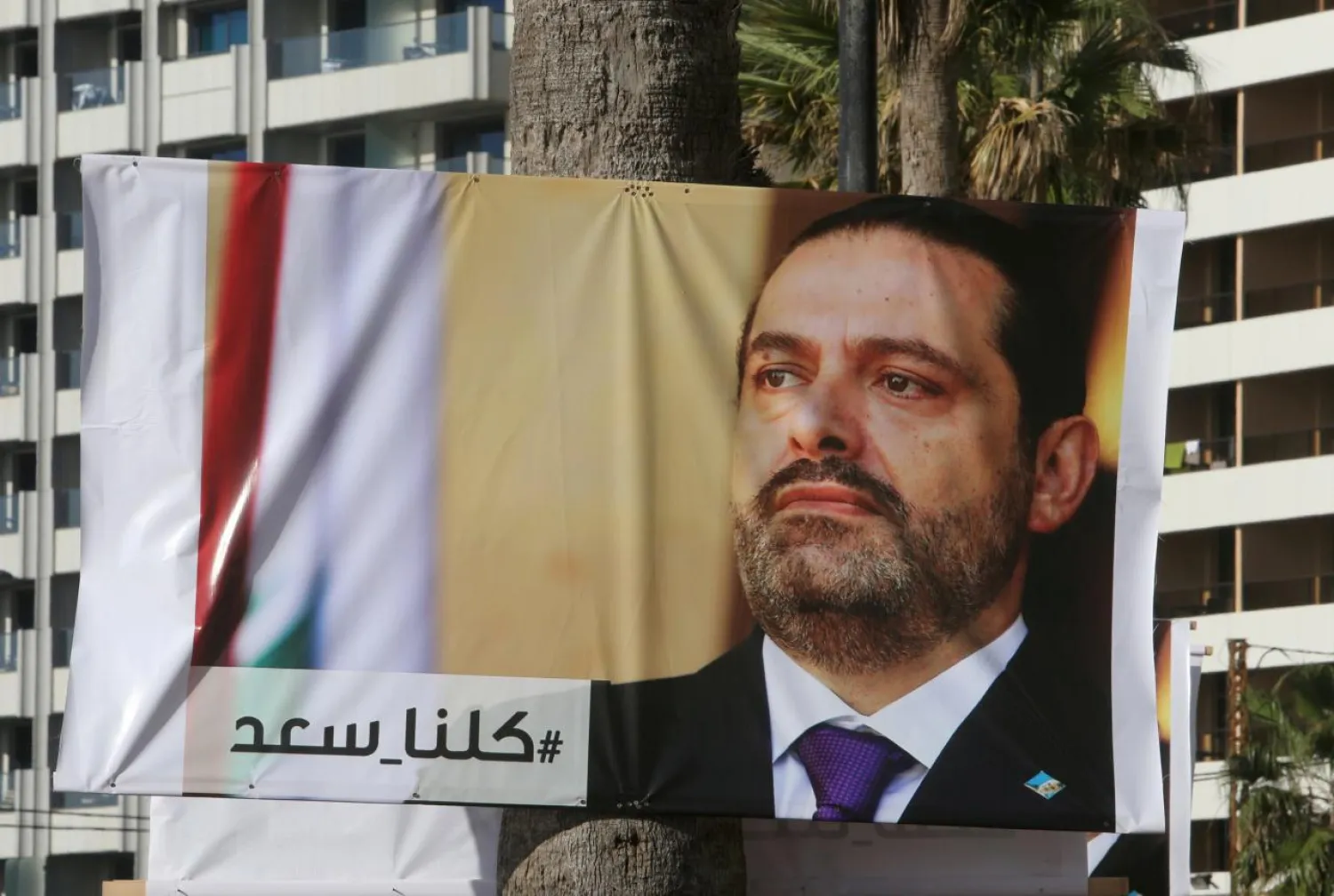Resigned Lebanese Prime Minister Saad Hariri reiterated that he would soon return to Lebanon, at a time when President Michel Aoun chose to escalate the situation, by saying that Hariri and his family were “detained in violation of the Human Rights Charter and the Vienna Convention”.
The March 14 forces expressed surprise with the president’s comments, especially that they came as the crisis was headed towards calm.
Meanwhile, the Elysee Palace announced on Wednesday that President Emmanuel Macron had made two contacts with Saudi Crown Prince Mohammed bin Salman and Hariri and that the French president had invited the resigned Lebanese premier and his family to visit France.
In this context, sources in Paris expected Hariri’s arrival in the coming days.
In parallel, Maronite Patriarch Beshara al-Rahi’s visit to Riyadh and his stances were welcomed by Lebanese political parties, except for Aoun’s Free Patriotic Movement, whose member, Mario Aoun, described Rahi’s recent positions as “politically inconvenient in the circumstances we are living today.”
On the other hand, Hariri’s brother, Bahaa, said he fully supported Hariri’s decision to resign.
Bahaa Hariri accused Hezbollah of trying to “control Lebanon”, expressing gratitude to Saudi Arabia for “decades of support” for national institutions in Lebanon, as reported by AP.
In remarks to Asharq Al-Awsat newspaper, Future Bloc MP Okab Sakr described Aoun’s speech as “very dangerous”, warning of attempts to “turn Hezbollah’s dispute with Saudi Arabia to a dispute between Lebanon and the Kingdom.”
“We strongly reject and denounce [such attempts], which do not fall in Lebanon’s interests,” Sakr noted.
The Future Bloc MP went on to say that Hariri would for sure return to Lebanon, “but [Hezbollah] should also return and stop its interference in Yemen, Iraq, Syria and other countries.”
“Such return would resolve all our problems,” he said.
Future Movement Politburo member, former MP Mustafa Alloush, told Asharq Al-Awsat that Aoun’s words “cut the way to a solution and closed the door opened by Saad Hariri in his last interview.”









